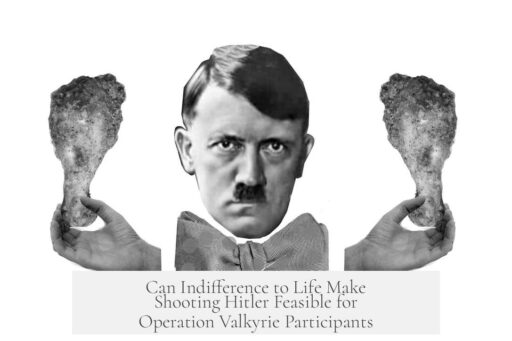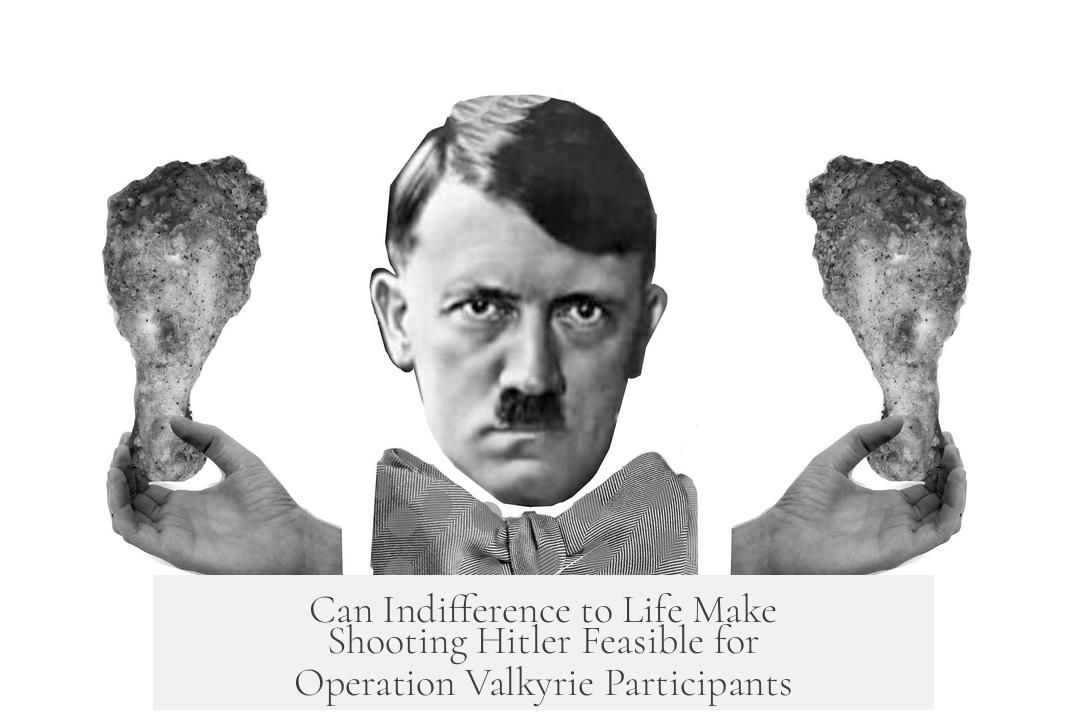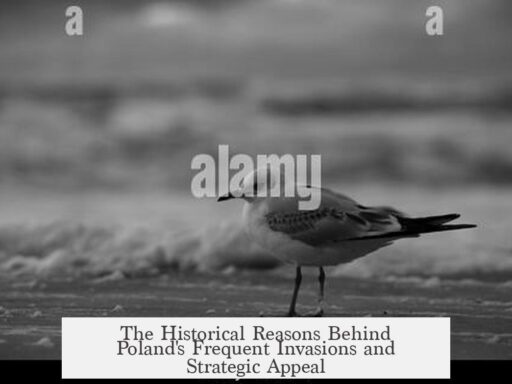If the participants in Operation Valkyrie had been indifferent about their own lives, it still would not have been realistic for one of them to simply shoot Adolf Hitler. The success of the 20 July Plot depended on more than just assassination. The conspirators aimed to eliminate Hitler and quickly seize control of the government through a coordinated military coup. This required careful planning, timing, and the ability of key leaders, especially Colonel Claus von Stauffenberg, to remain active after the attempt.
Operation Valkyrie was the broader plan to mobilize the reserve army in Berlin after Hitler’s death or incapacitation. It involved triggering emergency measures under the pretext of suppressing a supposed domestic uprising. The conspirators believed this legalistic approach was essential; merely killing Hitler would not have sufficed to overthrow the Nazi regime. Von Stauffenberg’s presence in Berlin as chief of staff of the reserve army was crucial for executing the plan.
The plotters needed von Stauffenberg to place a bomb during a military conference and then rush to Berlin to lead the military takeover. If he had simply shot Hitler during such a meeting, his immediate arrest or death would have prevented him from organizing the coup. His ability to leave the scene and direct the reserve army made the bomb assassination more strategically viable.
Access to Hitler was highly restricted and guarded, especially as the war progressed. Past assassination attempts failed partly due to tight security and Hitler’s unpredictable schedule. Even with personal disregard for their own safety, conspirators faced logistical challenges. Opportunities to shoot Hitler were extremely limited, demanding patience and precise timing.
Within the conspirators, commitment and courage varied considerably. Some, including Gen. Friedrich Fromm—the reserve army’s commander—remained non-committal until the plot’s success seemed likely. Others advocated capturing Hitler alive to put him on trial, reflecting different political and ethical motivations. The diversity in objectives showed that a simple, impulsive shooting plan was neither universally desired nor feasible.
The conspirators operated with pragmatic political calculations rather than pure idealism. They believed removing Hitler could prompt a negotiated peace, preserve Germany’s territorial gains, or at least allow a concentrated front against the Soviet Union. Their focus was realpolitik, not reckless martyrdom or spontaneous violence. This stance required a controlled coup rather than a chaotic assassination.
Had someone simply shot Hitler without the larger coordinated plan, the plotters would have lacked a mechanism to secure power. The Nazi regime’s machinery and Hitler’s loyalists would likely have suppressed any unorganized attempt. The military’s hierarchical structure meant seizing governmental control without clear leadership was unlikely.
| Factor | Why Shooting Hitler Alone Was Unrealistic |
|---|---|
| Need for Coordinated Military Coup | Assassination required immediate military takeover managed by key figures like von Stauffenberg. |
| Von Stauffenberg’s Mobility | Essential for traveling to Berlin post-assassination to activate Operation Valkyrie. |
| Security and Access | Hitler’s guarded schedule restricted shooting opportunities. |
| Varied Conspirator Goals | Some preferred arrest and trial; not all supported killing solely. |
| Pragmatic Motivations | Focus on negotiated peace and political stability, not reckless violence. |
Operation Valkyrie illustrates the complexity behind political assassination. Courage and personal fearlessness alone could not overcome logistical, strategic, and political barriers. The conspirators needed a multi-faceted approach to achieve their aims. Simply shooting Hitler would have lacked the necessary follow-up actions crucial for regime change.
- Shooting Hitler alone was impractical due to security and the need for coordinated action.
- Von Stauffenberg’s role required him to survive the attempt and mobilize forces in Berlin.
- Conspirators had diverse motivations and varying levels of commitment.
- The plan’s success depended on legal frameworks and military authority, not just assassination.
- Realpolitik, not reckless sacrifice, guided the plotters’ strategies.
If the Participants in Operation Valkyrie Had Been Indifferent About Their Own Lives, Would It Have Been Realistic for One of Them to Simply Shoot Hitler?
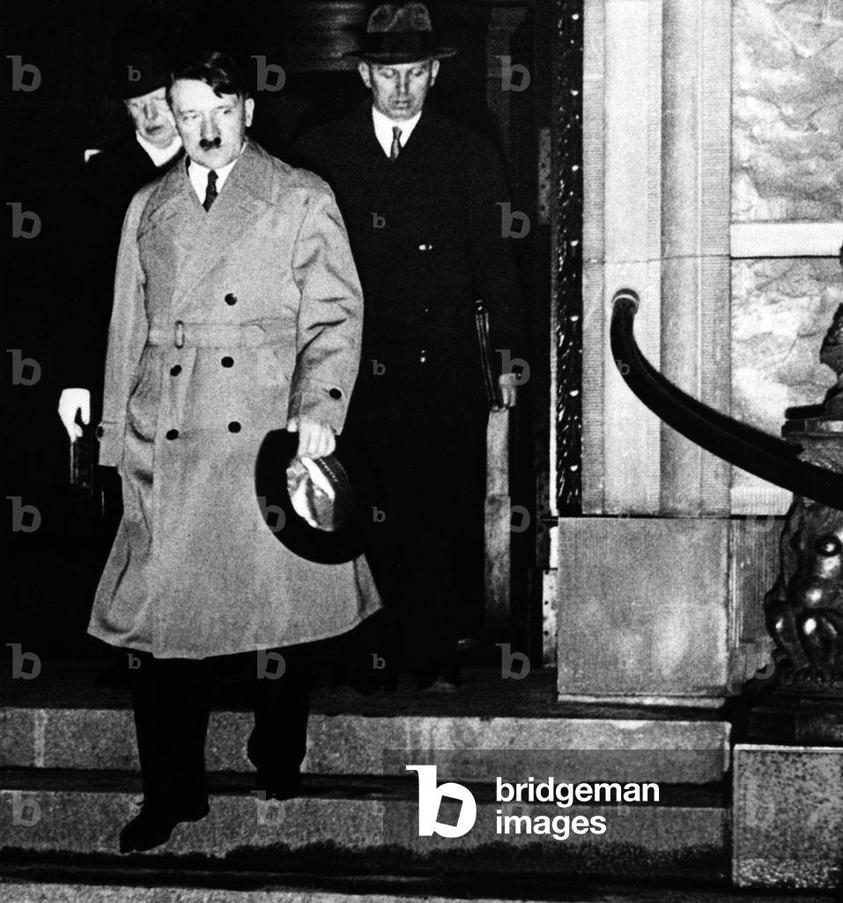
Simply put: no, it wouldn’t have been realistic for one of the conspirators to just pull out a gun and shoot Hitler, even if they didn’t care about their own lives. The plan behind Operation Valkyrie was far more intricate than a lone Ranger-style assassination. Let’s dive into why that’s the case, shall we?
First, we’ve got to clear up a bit of confusion about Operation Valkyrie itself. Many think it solely refers to the assassination attempt on Adolf Hitler on 20 July 1944. However, that’s only part of the story. Operation Valkyrie was the conspirators’ code name for a broader strategy. It was meant to use the reserve army to seize control of the government once Hitler was out of the picture. The assassination alone was seen as insufficient. They wanted a smooth transition of power, avoiding chaos or anarchy in the aftermath.
The Assassination Was Only One Piece of a Complex Puzzle
Claus von Stauffenberg, arguably the lead figure in this plot, had a dual role. He wasn’t just supposed to be the assassin; he also had to command the reserve armies in Berlin to take over the government quickly.He literally needed to be “on the move” right after the hit.
Imagine trying to shoot Hitler in a room, then immediately boarding a plane to Berlin to spearhead a coup. Sounds tricky, right? This is exactly why, simply shooting Hitler wasn’t part of the plan. Von Stauffenberg needed to lay a bomb, then use his authority to stabilize the situation and prevent a counter-coup.
Indifference to Self-Preservation Isn’t a Magic Wand
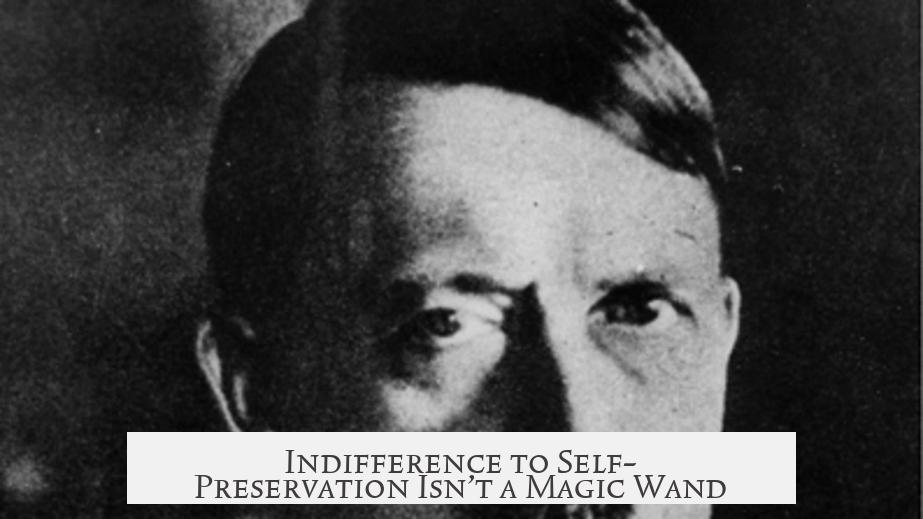
Could someone who was utterly indifferent to their own survival just shoot Hitler on a whim? Technically, maybe. But from a practical standpoint, no. Simply risking death can’t solve problems like access or political complexity.
Security around Hitler was notoriously tight. Access was carefully controlled, especially as the war dragged on and paranoia increased. Getting close enough to pull out a gun — with or without nerves — was nearly impossible except on rare occasions, like the military conferences where von Stauffenberg planted the bomb.
And even if one conspirator pulled the trigger, that act alone wouldn’t guarantee success. Some members of the group wanted Hitler captured and put on trial rather than killed outright. Others hesitated to fully commit until they saw clearer signs that the tide of war was turning against the Nazis.
Varying Motivations and Commitment Levels Complicate the Picture
The plotters weren’t a monolith of fearless warriors ready to die on command. Many, including high-ranking officers like General Fromm, hovered carefully in the shadows, unwilling to risk everything without certainty. This clash of priorities and fear made an impulsive shoot-Hitler scenario unrealistic.
Besides, the conspirators weren’t heroes acting out of selflessness or idealism. Their motives were pragmatic and political. They sought to negotiate a peace that would maintain as much of Germany’s territorial gains as possible or at least enable a concentrated fight against the Soviet Union.
The plan was cold, calculated realpolitik—not a romantic pitch for suicide missions. They knew killing Hitler was a means to an end, requiring precise coordination, not spontaneous bravery or reckless gambits.
Historical Attempts: Not Easy, Not Spontaneous
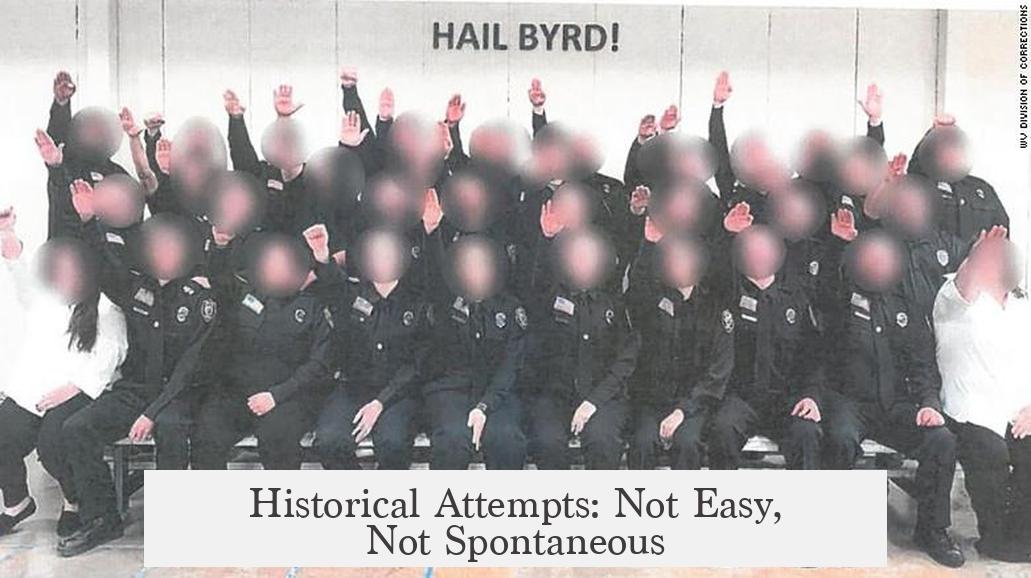
Assassination plots against Hitler predated Operation Valkyrie. After his early successes, attempts faded, only to resume when Germany faced setbacks. The conspirators faced immense challenges, particularly in access and timing.
Von Stauffenberg’s position with the reserve armies was the golden ticket to get close to Hitler during the war conferences. Without that role, shooting Hitler would have been a near impossibility.
Could Von Stauffenberg Have Just Shot Hitler?
Let’s indulge the hypothetical. Suppose von Stauffenberg, indifferent to his life, decides to shoot Hitler during that fateful war conference. What then?
Firstly, after shooting Hitler, would von Stauffenberg be able to dash to Berlin to lead the coup? Probably not. The plot hinged on him being alive and active after the assassination attempt. Simply shooting Hitler would have disrupted the entire chain of events planned for the power transition.
The assassination had to be part of a bigger mechanism, not a stand-alone act. No military coup can ride on the back of one fatal shot if the leadership structure to back it up falls apart.
So, What Does This Teach Us?
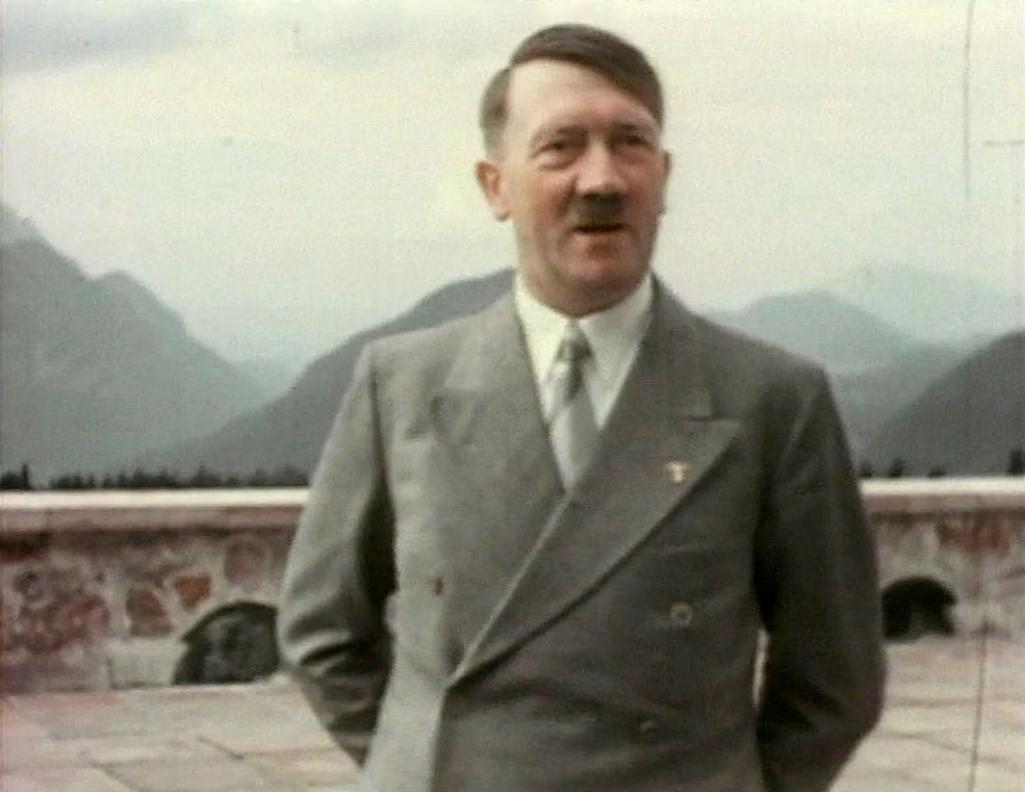
This episode reminds us that taking down a dictatorship isn’t just about personal courage or indifference to risk. It calls for strategic planning, unity of purpose, and sometimes, patience. Acts of heroism must meet the harsh realities of logistics and political strategy. Von Stauffenberg’s bomb was a carefully chosen tactic, not a reckless desperation act.
Randomly shooting Hitler without a coordinated follow-up would likely have resulted in chaos or failure, maybe even harsher crackdowns and no quick end to war.
In Summary:
- The 20 July plot was a combined assassination and coup plan. Killing Hitler alone was insufficient.
- Von Stauffenberg’s role required survival after the attempt. Simply shooting Hitler would have prevented his critical post-assassination role.
- The conspirators showed mixed commitment and fears. Not all were ready to die or act impulsively.
- Access to Hitler was heavily guarded. Only specific occasions allowed proximity.
- The plot’s motivations were political, not suicidal impulse. The plan emphasized pragmatic outcomes.
In this historical drama, bravery wasn’t just about facing death. It was about navigating chessboard-like strategy, intricate roles, and unity of purpose. So, if anyone thinks shooting Hitler was a simple option for the Valkyrie conspirators, this reality check might surprise them.
Have you ever thought about how complex real change often is, compared to how movies portray it? What other historic events do you think have been oversimplified in popular narratives? Share your thoughts!
Would simply shooting Hitler have worked without a broader plan?
No. The conspirators needed a coordinated plan after the assassination. Killing Hitler alone would not have secured control or a government takeover.
Why was von Stauffenberg’s survival crucial to the plot?
He needed to travel to Berlin to activate the military takeover. Shooting Hitler personally would have stopped him from carrying out that critical role.
Did all conspirators agree on assassination as the best solution?
No, some wanted Hitler captured and put on trial. Commitment levels and goals varied among the group.
Would personal indifference toward death make shooting Hitler more realistic?
Indifference alone wouldn’t solve the complexities. Security was tight, and opportunity was rare. Courage was not enough without coordination.
What motivated the conspirators beyond removing Hitler?
They sought a negotiated peace to protect Germany’s interests, not just to end dictatorship or act out of idealism.
